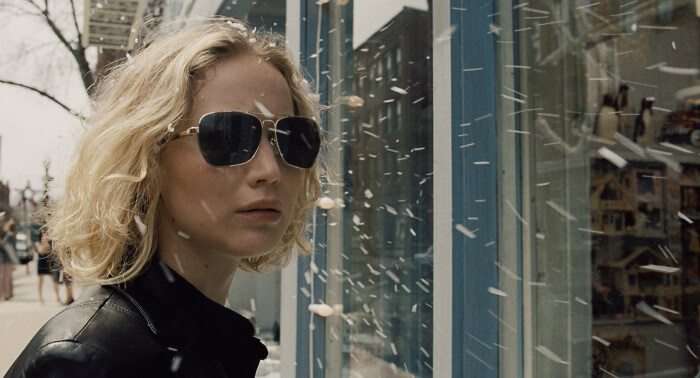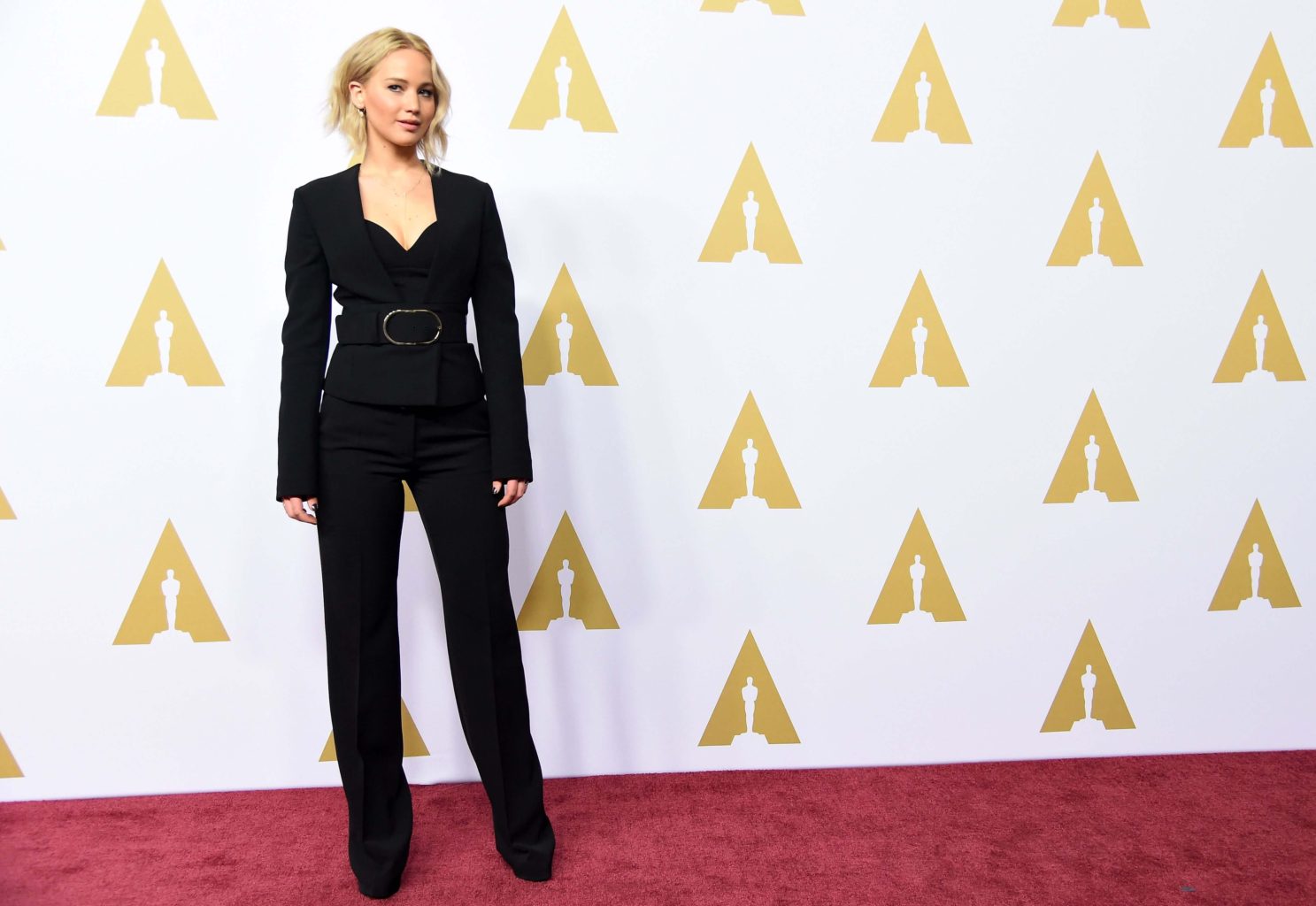Why I’m glad I didn’t pursue my dreams to become an actress
From as early as I can remember, to the age of 13 or 14, I’d always wanted to be an actress. As cringe worthy as it is to admit, I was one of those annoying children who would dress up in Disney princess costumes and force their parents to sit in front of an improvised dance or comedy routine. I took Drama in high school and did well in it; I went to weekend drama classes; I was even an extra in a few TV shows. Acting was the only career choice that put butterflies in my stomach; being able to transform into anyone (and being paid to do it) sounded thrilling. I mean, didn’t every girl at the time secretly believe that they could have been cast as Hermione Granger if they’d been in the right place at the right time?
These seeds were probably the right ones to sow for a career in the dramatic arts. Had I pursued it further, I would have applied for an acting college or university, and might even have got some small parts by now. I would have been pursuing my dream. You know, doing that thing that we’re always encouraged to do?
But, to be frank, I’m glad I didn’t. Looking at the state of Hollywood today, there’s no way I’d want to be a struggling actress in it. I’ll leave aside the laboured point about the pressures that the media places on young women to look a certain way – if you want to know more about that then just Google ‘Hollywood beauty standards’ to find a vast amount of information written far more eloquently than I’m able to. The same sentiment goes for the pay gap between men and women; Forbes quoted that the top 10 highest paid male actors in 2015 collectively made $431 million, whereas the females made a comparatively miserly $218 million. What’s the reason for this? It isn’t just that men think women are generally worse actresses. No doubt a web of subtle biases result in this massive disparity – one of which is typecasting.
Looking at the state of Hollywood today, there’s no way I’d want to be a struggling actress in it.
Think of your favourite action or thriller. Now think of the female characters. There might be a wife or girlfriend who is kidnapped, or a few eastern European seductresses who are used interchangeably to woo the male lead (and who probably die). Perhaps there’s an older, wise lady, who offers the lead some sage pearls of wisdom for approximately ten minutes of the film. Does the film explore these women’s psyches? Does the film give them challenges to overcome that aren’t in some way woven into the narrative of the male protagonist? Probably not.
 But what about the recent blockbusters like Joy, Trainwreck, and even the newest James Bond film, which boast fully-formed complex female characters? Surely they’re Hollywood’s long-overdue response to the growing demand for films that tell the stories of women? The unfortunate reality is that only a tiny number of actresses are afforded the luxury of starring in these blockbusters. Jennifer Lawrence, for example, is at the forefront of this movement; she’s been vocal about unequal pay and, in films like Winter’s Bone, The Hunger Games, Silver Linings Playbook, she’s been able to play a dynamic female lead. Yet the fact remains that, as an actress, you have to reach a certain level of fame before these doors are opened up for you. For every one Jennifer Lawrence, there are millions of others stuck in the role of mother/girlfriend/titillating room decor.
But what about the recent blockbusters like Joy, Trainwreck, and even the newest James Bond film, which boast fully-formed complex female characters? Surely they’re Hollywood’s long-overdue response to the growing demand for films that tell the stories of women? The unfortunate reality is that only a tiny number of actresses are afforded the luxury of starring in these blockbusters. Jennifer Lawrence, for example, is at the forefront of this movement; she’s been vocal about unequal pay and, in films like Winter’s Bone, The Hunger Games, Silver Linings Playbook, she’s been able to play a dynamic female lead. Yet the fact remains that, as an actress, you have to reach a certain level of fame before these doors are opened up for you. For every one Jennifer Lawrence, there are millions of others stuck in the role of mother/girlfriend/titillating room decor.
There’s not enough space in the paper for me to list why I’m glad I didn’t pursue my dreams of becoming an actress. I haven’t even touched upon the fact that women over the age of 30 are considered ‘too old’ to be portrayed as desirable (that is, if they’re cast at all), or that so few women have input into the decisions made about script or direction. Even the idea that we are moving towards a more progressive, inclusive Hollywood might be wrong – last summer the legendary actress and general babe that is Emma Thompson said that sexism in Hollywood is actually getting worse.
So I’ll take Emma’s word for it – rather than the PR companies who insist that things are getting better – and thank my lucky stars that I took a humanities degree and will probably work in Starbucks instead. At least I might get paid the same as my male colleagues.

Comments